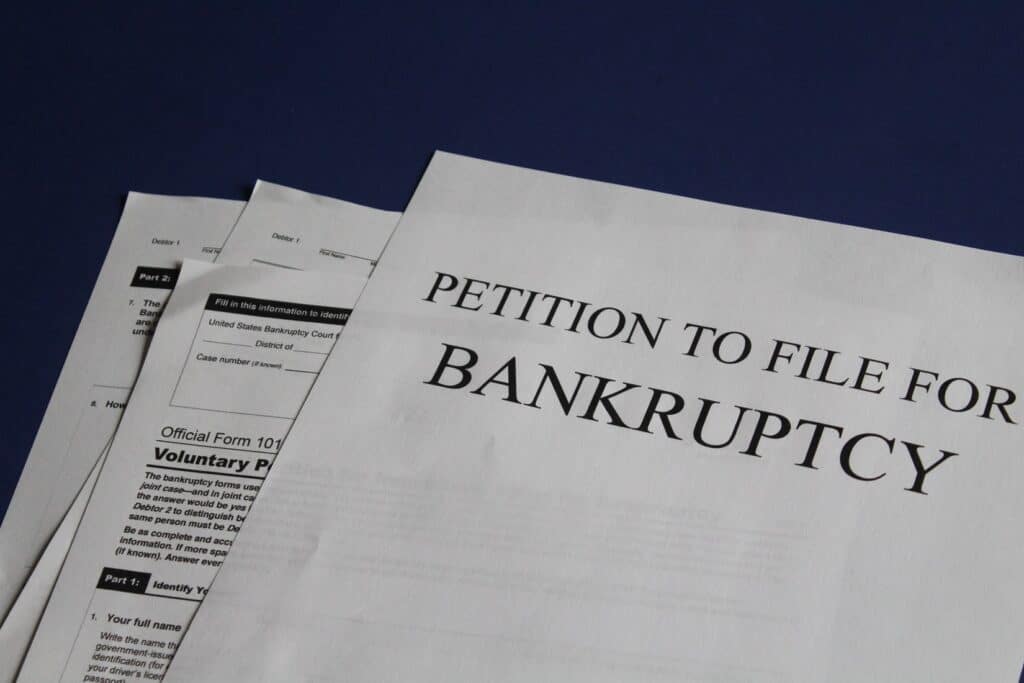
Chapter 13 Bankruptcy
Chapter 13 bankruptcy refers to the portion of the U.S. Code 11 that involves bankruptcies. When filing bankruptcy under Chapter 13, an individual debtor is declaring that they are insolvent. However, they have the ability to pay their creditors some portion of the debt owed to them. Most Chapter 13 filers also have assets that are encumbered by debt, and they wish to maintain ownership of that debt.
A Chapter 13 bankruptcy filing occurs when a debtor files a petition with the US Bankruptcy Court. Unlike many other legal financial matters, bankruptcy filings are only filed at the federal court level. After petitioning the court, a debtor is granted a stay against its creditors. While this stay is in effect, their creditors are required to cease any and all collection efforts. The Court will also appoint a Bankruptcy trustee, an impartial, third-party professional who acts as administer of the case. The trustee will evaluate the case and serve as the disbursing agent, collecting payments from the debtor and making distribution from the creditors.
After filing the Chapter 13 petition, the debtor then has 14 days to submit to the Court a bankruptcy repayment plan. The plan must show that the debtor will devote all disposable income to the plan for a time period not greater than five years. After filing the plan, the Bankruptcy trustee will call for a creditor’s meeting where all creditors will have the chance to question the debtor, and to present to the trustee why their claim should have priority. Secured debtors have priority in the repayment in debt when compared to unsecured debtors. Generally, unsecured debtors are limited to recovering the same amount they would have been able to recover with a Chapter 7 bankruptcy filing.
Within 45 days of the creditor’s meeting, the bankruptcy judge will hold a confirmation hearing to determine the plan’s feasibility, and will either approve the plan or require it to be modified, or in some circumstances, dismiss the case altogether. If the plan is approved, the debtor must fulfill the requirements of the plan until the terms have been fulfilled, or if the bankruptcy is dismissed, the original creditors may begin to demand collection of the debts.
Because of the complexity of bankruptcy filings, many individuals seeking to file for bankruptcy use the services of a qualified attorney who specializes in bankruptcy filing and representation. Although a debtor can represent themselves pro bono in bankruptcy court cases, for most individuals, utilizing the services of an attorney can help insure that the bankruptcy filing is completed correctly and professionally.
______________________________________________________________________
Please keep in mind the information and advice presented in this blog is not intended to be used as formal legal advice. Contact a tax professional for personalized tax advice pertaining to your specific situation. While we try and answer all parts of the question when we write our blogs, sometimes there may be some left unanswered. If you have any questions about your problems with the IRS, SBOE, FTB, or BOE, or tax law in general, call RJS Law at (619) 595-1655.

Leave a Reply